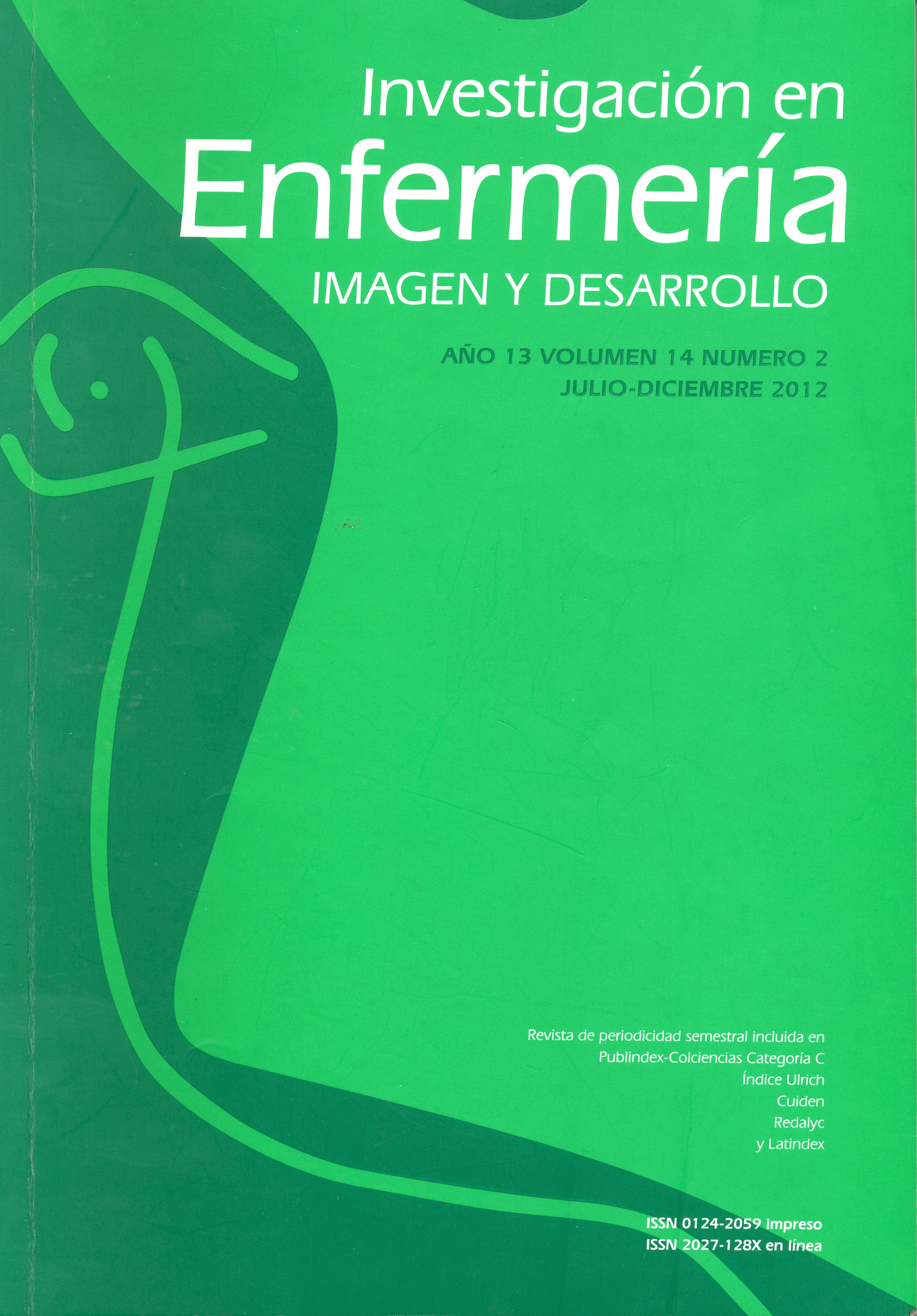Abstract
Objective: Understand the meanings that, for older adults, has the social participation on health in a neighborhood from the locality of Chapinero, Bogota, Colombia. Materials and Methods: a qualitative study on health was conducted with a group of twenty senior citizens from the neighborhood San Martin de Porres, from Bogotá. The focus groups and the field diary were the tools used to collect the information in different meetings with the group. Results: The analysis drew a central theme: Social participation in health: the struggle to become visible and attain health, and three categories: 1) social participation in health: we all seek visibility to move forward , 2) our history of social participation in health: finding ways to express ourselves, and 3) experiences of social participation in health: seeking opportunities to attain health, which ultimately is a reflection of that expressed by the elderly people, who, from their experience, expressed their constant search of spaces where they could be treated in a humane and dignified manner, a place where they could express their ideas, opinions and needs, so they could be taken into account by the society. Conclusions: The older adults built the concept of social participation in health from different elements, evidencing the presence of several degrees of participation linked to different roles within the group. This understanding favors the exercise of their autonomy within society, the integrality of health care and the adequate planning of the development of a country.
The journal Investigación en Enfermería: Imagen y Desarrollo is registered under a Creative Commons Attribution 4.0 International Public License. Thus, this work may be reproduced, distributed, and publicly shared in digital format, as long as the names of the authors and Pontificia Universidad Javeriana are acknowledged. Others are allowed to quote, adapt, transform, auto-archive, republish, and create based on this material, for any purpose (even commercial ones), provided the authorship is duly acknowledged, a link to the original work is provided, and it is specified if changes have been made. Pontificia Universidad Javeriana does not hold the rights of published works and the authors are solely responsible for the contents of their works; they keep the moral, intellectual, privacy, and publicity rights.
Approving the intervention of the work (review, copy-editing, translation, layout) and the following outreach, are granted through an use license and not through an assignment of rights. This means the journal and Pontificia Universidad Javeriana cannot be held responsible for any ethical malpractice by the authors. As a consequence of the protection granted by the use license, the journal is not required to publish recantations or modify information already published, unless the errata stems from the editorial management process. Publishing contents in this journal does not generate royalties for contributors.


